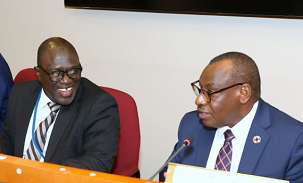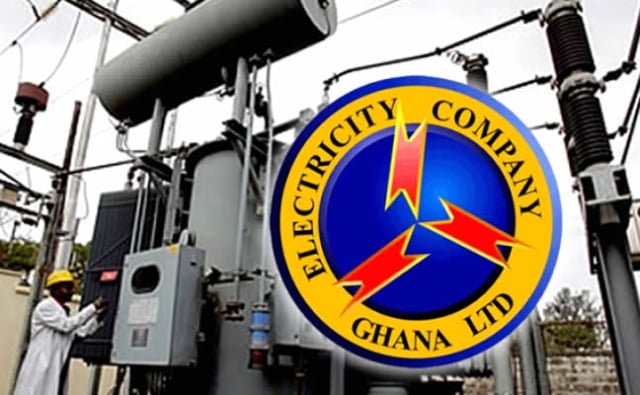By Africa Risk Control,NBE
Copyright newbusinessethiopia

By Africa Risk Control Central Africa Desk – Cameroon, often called “Africa in miniature” for its linguistic, cultural, and geographic diversity, has long positioned itself as a gateway to Central Africa.
With a population of nearly 29 million and a GDP of around $51 billion (2024), the country presents both opportunities and risks for investors looking to tap into emerging markets.
Economic Overview
Despite challenges linked to political instability, security tensions in certain regions, and governance issues, Cameroon remains one of the more diversified economies in Central Africa. The country benefits from significant oil and gas reserves, fertile agricultural land, and a strategic location with access to the Gulf of Guinea and regional markets such as Chad, the Central African Republic, and Equatorial Guinea.
Cameroon has recorded an average GDP growth of 3.8% between 2021 and 2024, supported by infrastructure development, energy expansion, and agricultural output. According to the African Development Bank (AfDB), growth is projected to accelerate to 4.2% in 2025, driven by investments in natural resources and large-scale infrastructure.
Key Investment Opportunities
Agriculture continues to be Cameroon’s backbone, employing about 43% of the population. Cocoa, coffee, cotton, bananas, and palm oil dominate exports. Opportunities exist in value addition and agro-processing, especially with growing demand in regional and European markets.
Energy and Power projects are another magnet for investors. Cameroon’s hydropower potential is among the highest in Africa, yet much of it remains untapped. Ongoing projects such as the Nachtigal hydropower plant are expected to boost electricity access and support industrial growth.
Infrastructure development is advancing, albeit slowly. Major road, rail, and port projects, including the Kribi deep-sea port, are enhancing connectivity within Cameroon and with neighboring landlocked countries.
Telecommunications and financial services are rapidly expanding sectors, fueled by mobile penetration and fintech innovation. Mobile money, in particular, has transformed the way businesses and consumers transact, offering opportunities for partnerships and tech-driven financial solutions.
Risks and Challenges
However, investors cannot overlook the risks. Political uncertainties ahead of the 2025 presidential elections, conflict in the Anglophone regions, and governance concerns remain pressing. Currency risk is also a factor, given the CFA franc’s peg to the euro, which can both stabilize and constrain monetary flexibility.
Other challenges include weak infrastructure outside urban centers, regulatory complexity, and corruption, which continue to affect the ease of doing business.
Despite these challenges, Cameroon remains a strategic market for investors who take a long-term view and prepare adequately. With prudent risk assessment, strategic partnerships, and awareness of the local business environment, companies can unlock opportunities in agriculture, energy, and infrastructure.
EDITOR’S NOTE: This article is contributed by the Africa Risk Control (ARC), an investigative due diligence and corporate intelligence firm. ARC is an affiliate of NewBusinessEthiopia.com and provides expert country-specific business insights, risk assessments, and advisory services across Africa. Investors seeking in-depth risk analysis, corporate intelligence, or on-the-ground due diligence in Cameroon and across Africa can connect with our partner, Africa Risk Control (ARC) — a due diligence and risk advisory firm led by award-winning investigative journalists.



